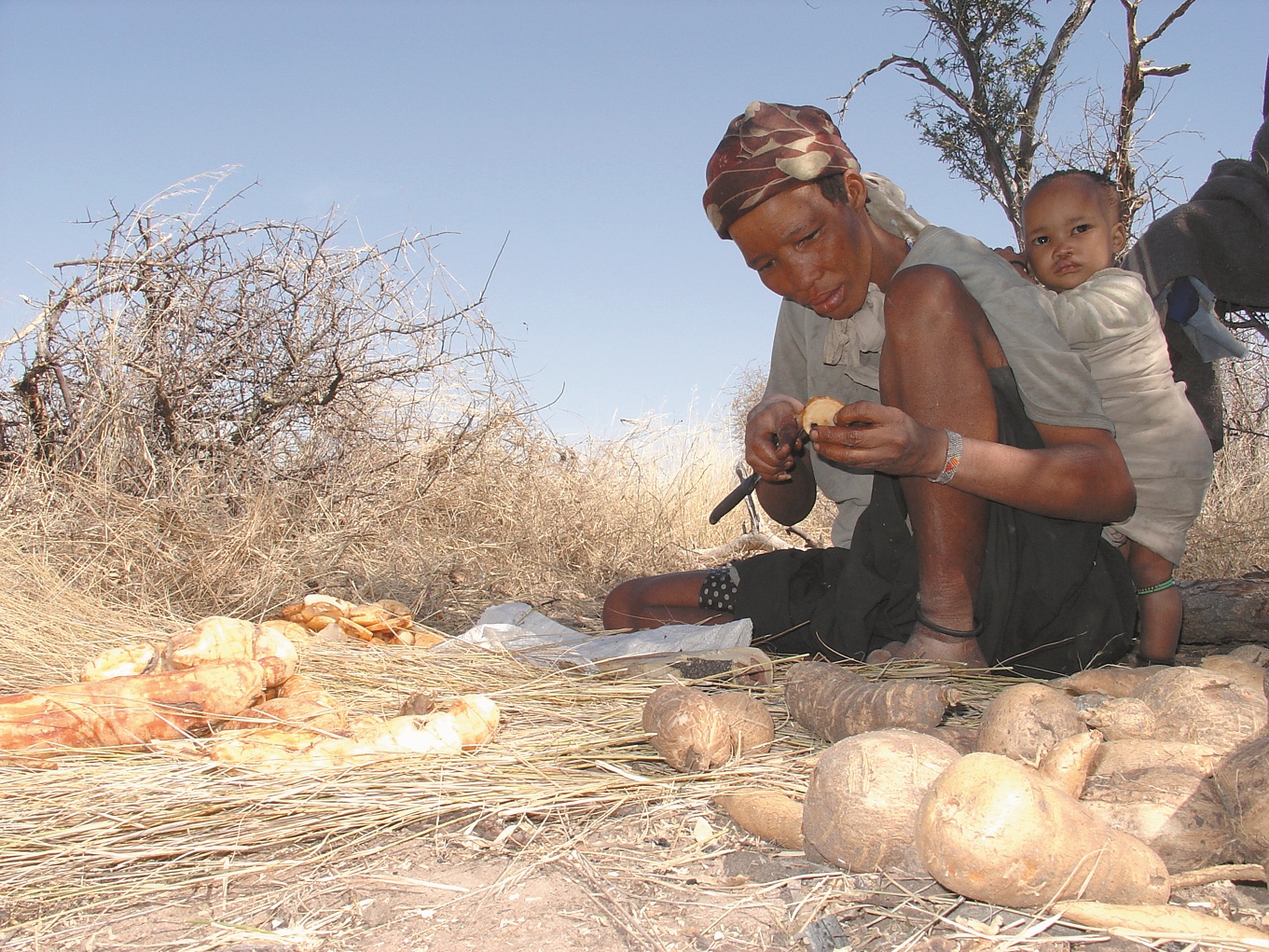
Can a spiny little desert plant really contribute to food security? It can in Namibia, where the indigenous medicinal plant known as devil’s claw is harvested, dried and sold to exporters by small producer groups.
Because of MCC’s five-year, $304 million compact, the number of organized producer groups who harvest and sell devil’s claw has already more than tripled. The plant, however, is also protected by Namibian law to prevent its overharvesting, making the balance between conservation and income generation tricky.
With the help of MCC, the Government of Namibia ratified a law in 2010 that allows it to more easily trace the sourcing of indigenous natural products and issue permits to produce and sell a sustainable level of devil’s claw.
The compact helped create a sustainable harvesting model that trains and registers harvesters who apply for a group permit, a traceability system for quality control and record keeping, monitoring of sustainable harvesting methods, a reliable partnership with a local exporter to access markets and market information, and a premium price paid directly to harvesters.
The private sector’s role is fundamental to this model, ensuring the sustainability of the activity long after the compact ends later this year. Meanwhile, MCA-Namibia is encouraging harvesters to form cooperatives and producer groups, giving them a stronger voice in negotiating contracts.
Share your experiences! Have you marketed indigenous natural products or helped to establish sustainable harvesting practices in another value chain? We’d love to read about your experiences and continue this conversation.

